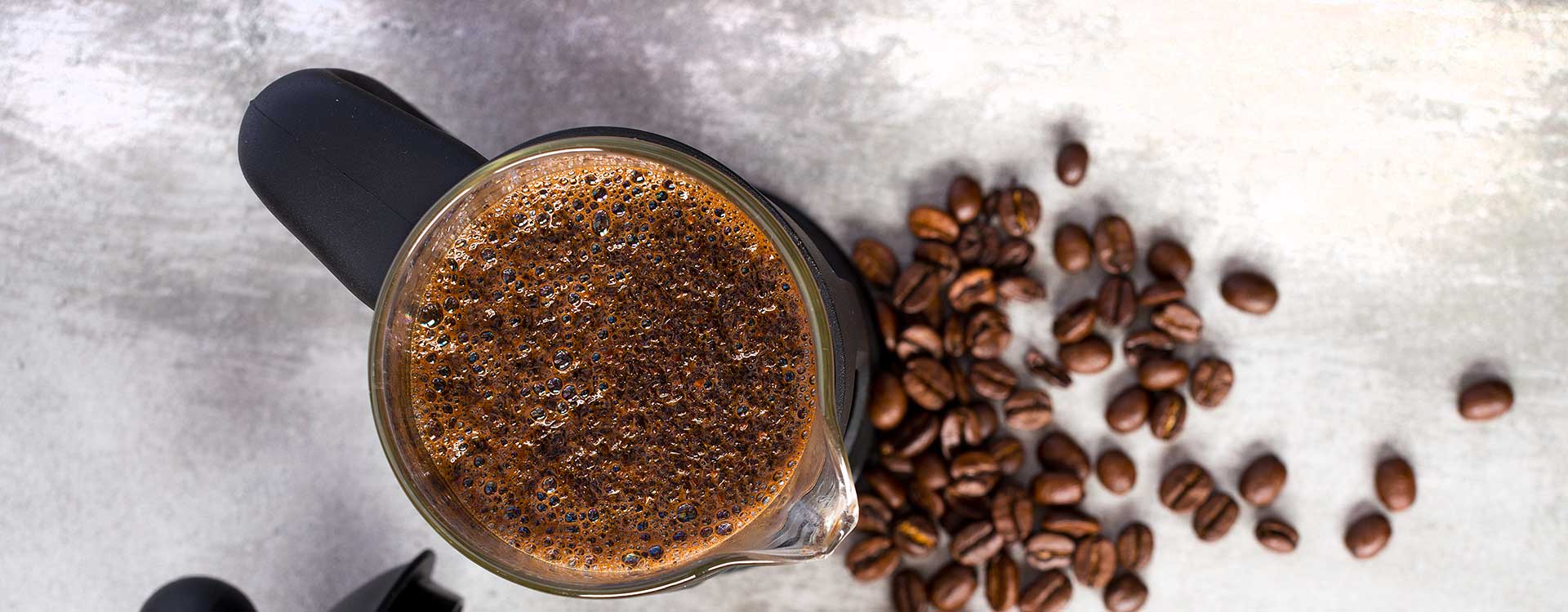The Alcohol-Depression Connection: Symptoms, Treatment & More

By Sarah Bence, OTR/LBence is an occupational therapist with a range of work experience in mental healthcare settings. Excessive alcohol drinking can also cause problems socially, such as issues with family, school, employment, and friends. This could have a carryover effect on depression since loneliness and lack of social support are linked to depression. Over time, your brain’s reward pathway builds tolerance and requires more and more dopamine (via alcohol) to feel pleasure. This can lead to addiction and feelings of depression in the absence of the rewarding substance. Alcohol consumption can lead to feelings of depression due to chemical reactions.
Mental health disorders that commonly co-occur with AUD

Out of the eight included studies 15-22, only one study had a retrospective design 16, whereas the remaining seven studies were prospective, where one study was a case-control study 15, five studies were randomized controlled studies 17,19-22, and one study was a prospective cohort study 18. Another way that depression could lead someone to drink alcohol is through changes in their brain as a result of depression. These changes can heighten the physiological “rewards” of alcohol and increase the likelihood that they will continue their pattern of drinking. Cognitive behavioral therapy can also be used to treat co-occurring AUD and MDD, by improving your emotional regulation, changing your cognitive behaviors, and helping you develop personal coping strategies. “Therapeutic interventions designed to address both issues often include a focus on addressing https://ecosoberhouse.com/ emotional pain or trauma, as well as developing and practicing healthy coping behaviors,” says Kennedy. Depression can also be directly caused by alcohol in the case of a substance-induced disorder.
- Substance use disorder (SUD) is a condition that is prevalent in all age groups at all socio-economic levels 1.
- It is highly recommended for those struggling with depressive symptoms and/or alcohol use disorder to begin each day with mindfulness exercises.
- Most bodies of evidence included only indirect evidence or direct evidence from only 1 or 2 studies.
- In the United States alone, an estimated 17.3 million adults have had at least one major depressive episode.
Medication
While the data presented here suggest that an integrated approach to the depressed alcoholic patient may be efficacious, the data are not prescriptive; there is not a clear treatment algorithm for this population. Individual differences in response to treatment based on demographic or diagnostic differences are not well-defined in these studies, for example. Although, clinicians have long recommended this integrated model of treatment for dually-diagnosed patients, the research base looking at defining specific optimal approaches and subsequent outcomes in this model remains relatively limited. Patients with MDE and co-occurring SUD also have a heightened risk of suicide.
Antidepressants and alcohol: What’s the concern?
- This article covers everything you need to know about the connection between alcohol and depression.
- Depression and alcohol use are a dangerous combination that is best treated with support from professionals and with support from loved ones.
- We also did not have high confidence in any effect estimates, and we have very low confidence in the vast majority of estimates of intervention effects across all outcomes.
- This could have a carryover effect on depression since loneliness and lack of social support are linked to depression.
- Many outpatient options allow people to maintain their regular routines and their privacy, too, if desired.
- Examples include SSRIs on remission for alcohol use and depressive symptoms at long-term follow-up, and opioid antagonists in combination with SSRIs on remission for alcohol use, depressive symptoms, and heavy drinking at postintervention.
It can affect many aspects of a person’s life and can even alcohol and depression be debilitating. Chronic alcohol use may change brain chemistry in a way that increases the risk of depression. In this article, learn more about the links between alcohol and depression, as well as when to see a doctor. Contributors to this article for the NIAAA Core Resource on Alcohol include the writers for the full article, reviewers, and editorial staff.
Network meta-analyses

We are very uncertain about the existence (or not) of any non-null effects for our primary outcomes of remission from depression and remission from alcohol use. However, these potentially actionable benefits only apply to postintervention and are not against active comparators, limiting understanding of the efficacy of interventions in the long term as well as the comparative effectiveness of active treatments. Future studies are needed to provide more conclusive evidence about the (comparative) effectiveness of clinical interventions for treating adults with depressive disorders and AUDs. We conducted pairwise meta-analyses of all direct comparisons to assess the statistical heterogeneity within each comparison. We then qualitatively examined the distribution of characteristics across studies in each network that may modify intervention effects to assess the transitivity assumption of NMA—that is, that participants hypothetically could be randomized to any interventions included in a network 32,33.





